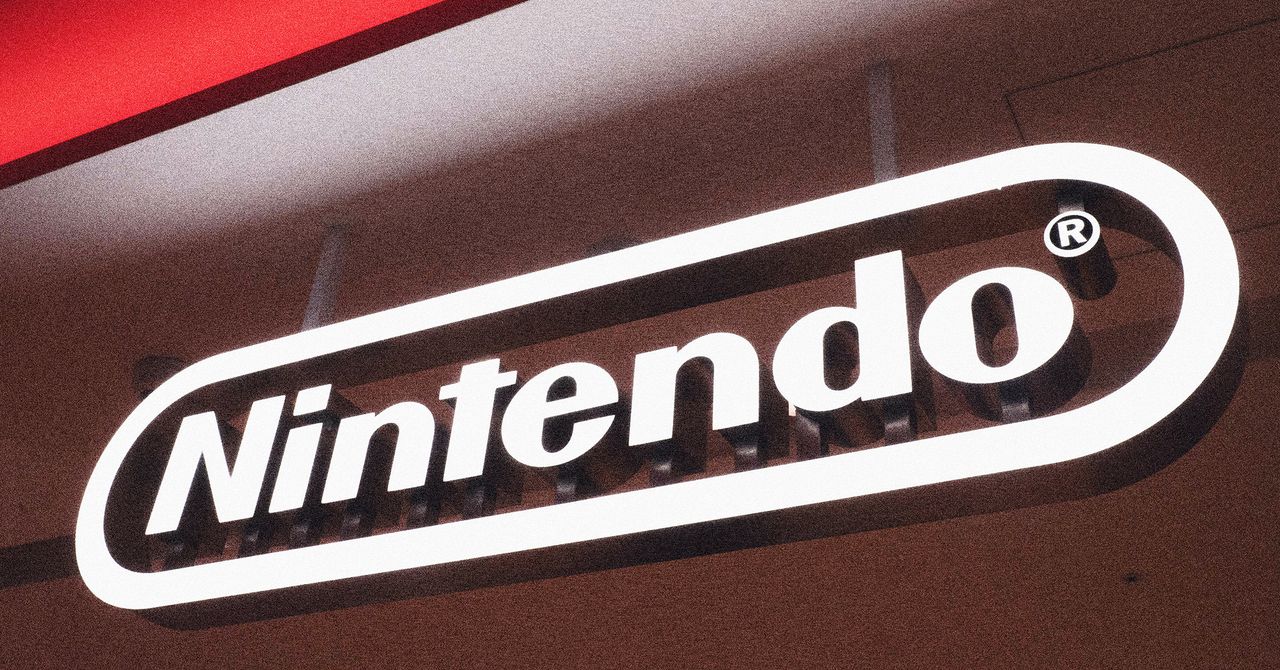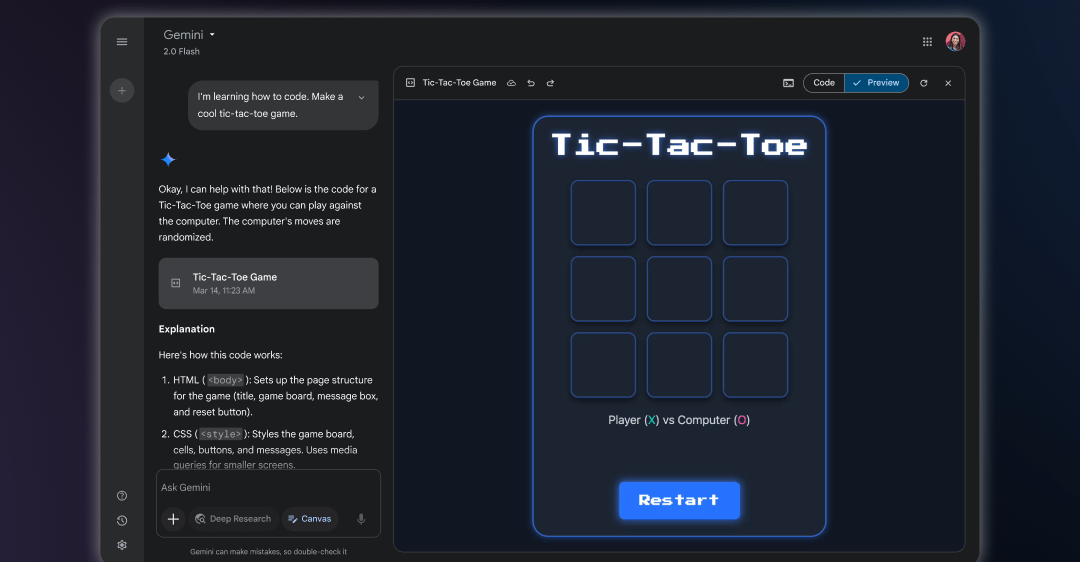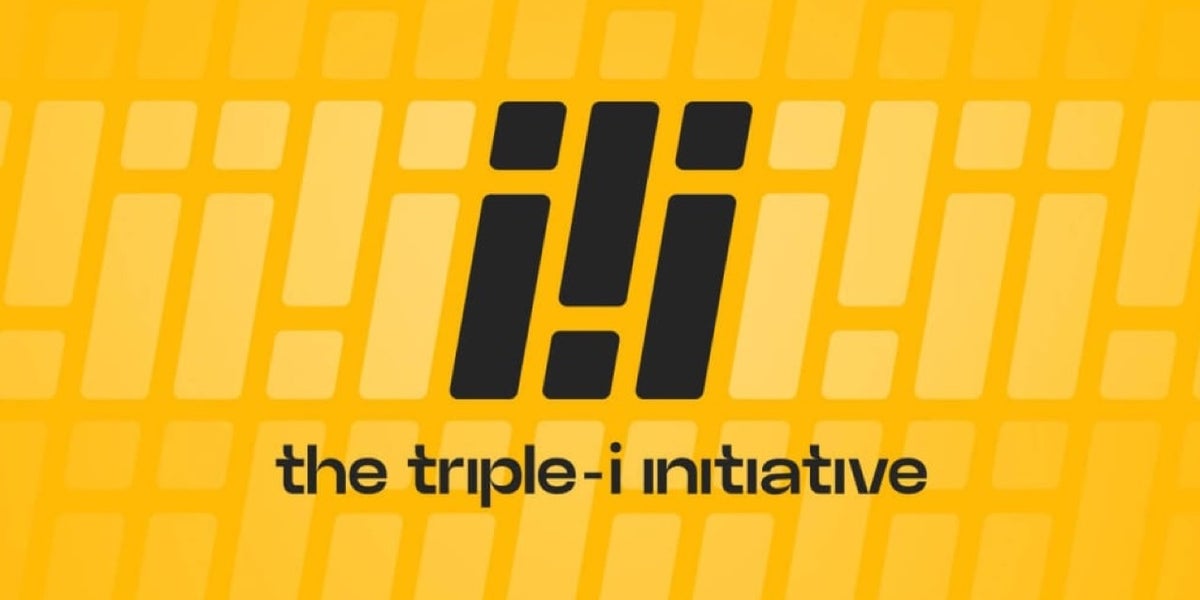Beyond Google: The $10 Monthly Revolution in Search Technology
Technology
2025-03-19 12:00:00Content

In an era where digital information is king, the landscape of search engines is undergoing a dramatic transformation. What was once a free and open service is now increasingly becoming a premium experience that comes with a price tag.
Gone are the days when users could effortlessly access comprehensive search results without reaching for their wallets. Today, the most advanced and intelligent search platforms are demanding compensation for their cutting-edge services. While the idea of paying for something that was traditionally free might seem counterintuitive, the value proposition is becoming increasingly compelling.
Modern search engines are investing heavily in artificial intelligence, machine learning, and sophisticated algorithms that deliver more personalized, accurate, and contextually relevant results. These technological advancements come at a significant cost, and companies are now looking to users to help offset their substantial research and development expenses.
For many users, the choice is becoming clear: accept a potentially inferior free search experience or invest in a premium service that offers superior speed, precision, and depth of information. While the transition may feel uncomfortable, the enhanced capabilities of paid search engines could ultimately save users time and provide more meaningful insights.
As the digital landscape continues to evolve, paying for search might not just be an option—it could soon become the new standard for those seeking high-quality, intelligent information retrieval.
The Future of Search: Why Paid Engines Might Be Your Only Lifeline
In an increasingly digital landscape where information overload has become the norm, traditional search engines are struggling to deliver meaningful, curated content that truly serves user needs. The paradigm of free search is rapidly evolving, challenging users to reconsider their expectations and potentially invest in more sophisticated search experiences.Navigating the Digital Maze: When Free Isn't Enough Anymore
The Declining Value of Free Search Platforms
Modern search engines have become saturated with advertisements, sponsored content, and algorithmically manipulated results that prioritize commercial interests over genuine user relevance. Traditional platforms like Google and Bing are increasingly compromising user experience by flooding search results with paid placements and low-quality content designed to maximize advertising revenue. The current search ecosystem is fundamentally broken, with complex algorithms that reward content manipulation rather than genuine information quality. Users are left wading through pages of irrelevant, SEO-optimized content that provides minimal actual value, creating a frustrating and time-consuming search experience.The Rise of Premium Search Solutions
Emerging paid search platforms are revolutionizing how users access information by implementing rigorous content curation, advanced filtering mechanisms, and AI-driven relevance scoring. These services invest heavily in technology that understands user intent, delivering precise, high-quality results that cut through the noise of traditional search engines. By implementing subscription models, these innovative platforms can afford to develop more sophisticated search technologies, invest in superior infrastructure, and maintain strict quality control measures. Users gain access to meticulously curated information streams that prioritize accuracy, depth, and relevance over commercial interests.Economic and Technological Implications of Paid Search
The transition towards paid search represents a fundamental shift in how digital information is valued and accessed. As content becomes increasingly commodified, users are recognizing that high-quality information requires genuine investment. Paid search engines offer transparent pricing models that align user expectations with actual service quality. Technological advancements in machine learning, natural language processing, and semantic search are making paid platforms increasingly attractive. These services can provide personalized, context-aware search experiences that adapt to individual user preferences and learning patterns, something traditional free platforms struggle to achieve effectively.Privacy and Data Sovereignty in the New Search Landscape
Free search engines have long monetized user data, creating significant privacy concerns. Paid search platforms are positioning themselves as champions of user privacy, offering transparent data handling practices and giving users greater control over their digital footprint. By removing the advertising-driven business model, these services can focus on delivering genuine value to users rather than selling user data to third-party advertisers. This approach represents a more ethical and user-centric model of digital information access.The Psychological Shift Towards Valuing Digital Information
Consumers are gradually recognizing that "free" often comes with hidden costs—whether through compromised privacy, inferior quality, or time wasted sifting through irrelevant content. The willingness to pay for superior search experiences reflects a maturing digital consumer base that understands the true value of curated, high-quality information. This psychological transformation suggests that users are ready to invest in tools that genuinely enhance their digital interactions, viewing search not as a commodity but as a critical service that directly impacts their productivity, knowledge acquisition, and overall digital experience.RELATED NEWS
Technology

Smartphone Photography Revolution: How This Android Device Outperforms Pro-Level Cameras
2025-03-02 21:02:15
Technology

Breaking: Cross-Platform Messaging Gets a Security Boost as RCS Bridges iOS and Android Encryption
2025-03-14 15:16:22




-Nintendo-Switch-2-Hands-On-Preview-Mario-Kart-World-Impressions-&-More!-00-10-30.png)
-Game-Boy-–-March-2025-–-Nintendo-Switch-Online-00-00-10-(1).png)
